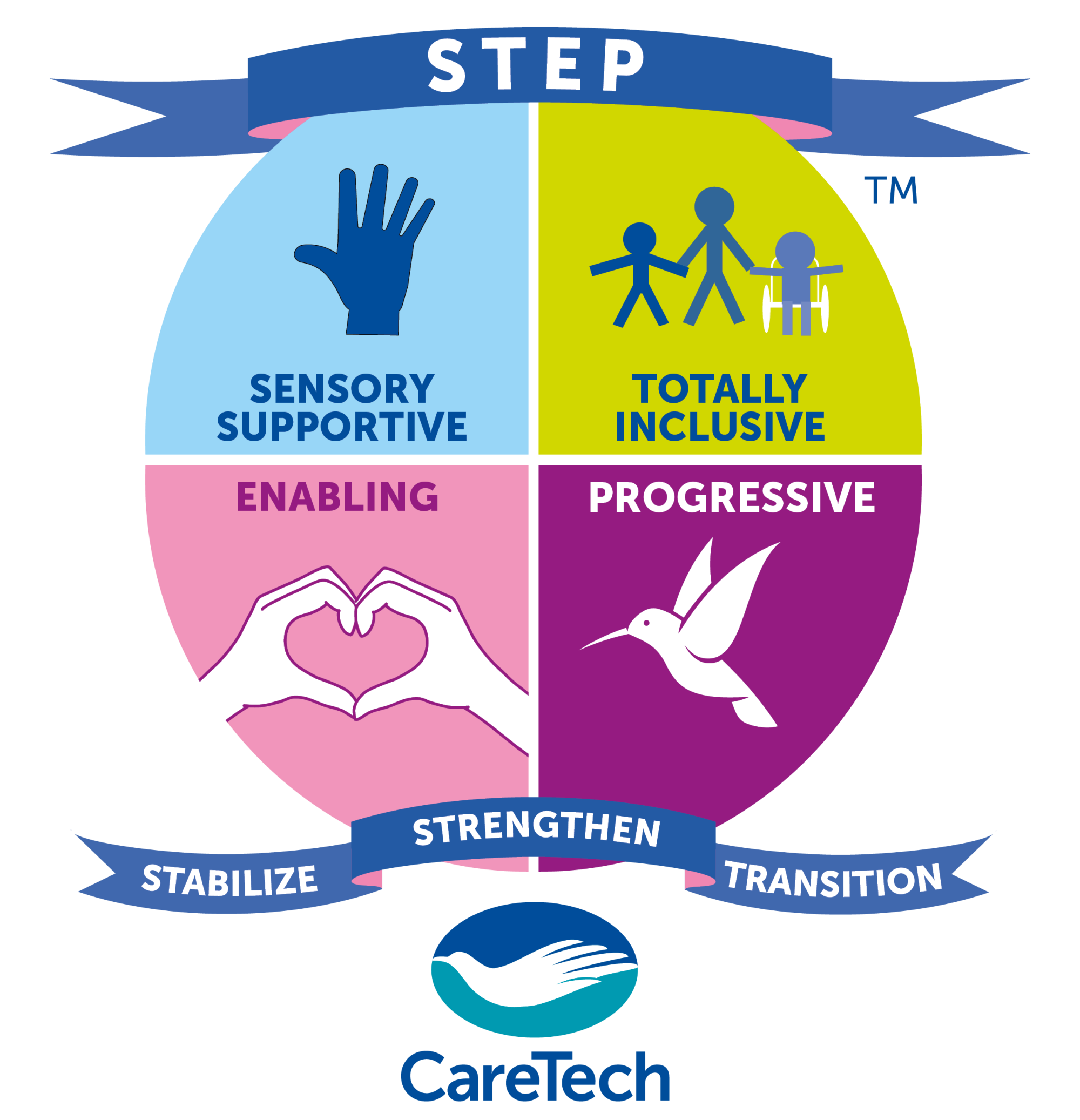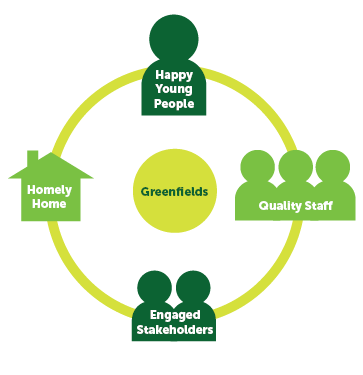Helping Young People Thrive
Creating Safe, Supportive Spaces for Growth and Change
At the heart of everything we do is a belief in the potential of every young person. We provide more than just care—we create a nurturing, therapeutic environment where young people feel safe, supported, and inspired to build a brighter future.
A Strong Foundation of Care
We start with the basics, because every young person deserves to feel secure and cared for:
- Comfortable, homely accommodation
- A safe, structured environment
- A healthy, balanced diet
- Time for play, rest, and fun
This foundation helps build trust, stability, and readiness for the next steps in their journey.
Building Confidence & Coping Skills
Through everyday experiences and compassionate guidance, we help young people:
- Understand personal boundaries
- Solve problems in positive ways
- Explore their interests and passions
- Learn emotional regulation and self-awareness
- Build courage, resilience, and hope
Our goal is to empower them with tools they can use throughout their lives.
Learning That Works for Them
We believe education should open doors—not close them. That’s why we support young people to:
- Promote engagement both in school and at home life
- Make education relevant and personalised
- Set career goals and explore future pathways
- Develop life skills for independence
- Celebrate achievements, however big or small
We make learning meaningful, so they feel motivated and confident.
Creating a Sense of Belonging
Belonging is vital. We create a community where young people can:
- Form healthy, lasting relationships
- Make appropriate friendships
- Learn respect, empathy, and responsibility
- Heal from past trauma without fear of judgement
We understand that each young person’s story is unique. We provide space to grow without pressure, helping to gently unpick harmful behaviours like self-harm or substance misuse.
Shaping the Core Self
We support young people in discovering who they are and who they want to be. Through therapeutic care, we help them:
- Find hope and build trust
- Understand emotions—their own and others’
- Take responsibility for their choices
- Express their individuality and creativity
- Take positive, supported risks
Our approach is guided by the principle of self-actualisation—the idea that when basic emotional needs like love, safety and belonging are met, young people can grow into their best, most authentic selves.
How We Make It Happen
To achieve meaningful, lasting outcomes for young people, Greenfields takes an integrated, person-centred approach—bringing together therapeutic care, structured support, and emotional connection. Everything we do is designed to meet each young person’s unique needs and help them thrive.
Our approach includes:
- Professional Therapeutic Support
Young people receive tailored interventions from qualified therapeutic practitioners, helping them to process trauma, build resilience, and develop emotional wellbeing.
- Individualised Healthcare & Education
We work closely with health and education professionals to provide bespoke plans that support each young person’s physical health, emotional needs, and academic goals.
- A Safe and Protective Environment
Safety is non-negotiable. We maintain robust safeguarding policies, including clear child protection protocols and a trusted complaints procedure—so every young person knows they’re heard, respected, and protected.
- Emotional Warmth & Unconditional Regard
At Greenfields, every young person is met with compassion, patience, and unconditional positive regard. We build relationships that foster trust and emotional healing.
- Stimulating Activities That Inspire
We offer personalised activity programmes that help young people discover new interests, have fun, and grow in confidence. From sports and arts to social outings, every moment is an opportunity for growth.
- Guidance on Rights and Responsibilities
We support young people to understand their rights, make informed choices, and take ownership of their responsibilities—laying the foundation for self-respect and accountability.
- Clear, Consistent Boundaries
Young people thrive in structure. Our approach provides consistent routines and boundaries, balanced with flexibility and understanding. This helps to create a secure environment where expectations are clear and fair.
We know how much trust it takes to place a young person in someone else’s care. That’s why we work hand-in-hand with families, professionals, and local authorities to offer the very best support possible. We don’t just keep young people safe – we help them thrive, learn, connect, and build a future full of possibilities.


